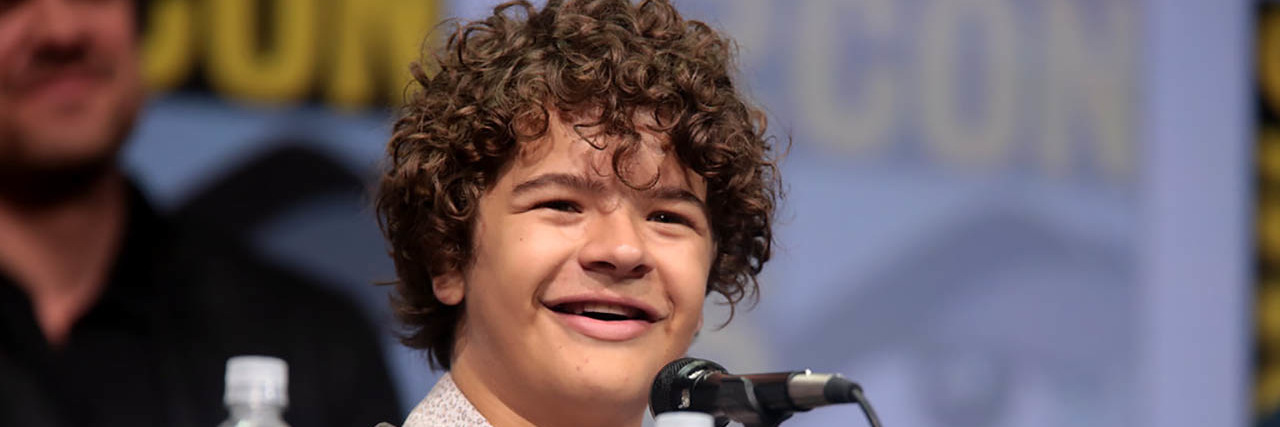New 'Stranger Things' Study Shows Why Authentic Representation Matters
A study published Thursday about rare disease representation in the popular series “Stranger Things” proves authentic representation increases awareness about rare disease and disability.
Netflix’s “Stranger Things” features actor Gaten Matarazzo as Dustin Henderson, who has cleidocranial dysplasia (CCD). A rare genetic condition, CCD causes differences in the development of teeth and bones. Typically, people born with CCD have facial and collar bone differences. During the course of “Stranger Things,” Matarazzo’s character educates others on the show about his condition.
Authors of the new study, published in JAMA Otolaryngology-Head & Neck Surgery, used Google trends and website data from CCD-related organizations to track public interest in CCD over five years, including the time period “Stranger Things” aired. Researchers noted a 94% search increase for CCD after season 3 aired along with an 11% and 13% increase after seasons one and two, respectively, suggesting “Stranger Things” increased public awareness about CCD.
“Raising awareness has been shown to increase research funding, ameliorate early diagnosis, expand treatment options, broaden coping strategies, reduce feelings of isolation or discrimination, and improve overall quality of life for those with rare disorders,” the study’s authors wrote. “The media also have the unique opportunity to serve as a catalyst to correct public misperceptions and to foster accurate portrayals of rare disorders.”
News that authentic representation increases awareness about rare disease and disability, however, isn’t news for advocates in the community who have long called for better media representation. According to a Ruderman Family Foundation white paper collating data from 2018, only 20% of characters with a disability on streaming services were authentically portrayed by an actor with a disability or health condition.
At the 2019 Media Access Awards, actor and cystic fibrosis advocate Travis Flores explained to The Mighty why authentic representation matters.
“People take away from film and television and what they take away from it, oftentimes, is what they believe to be true,” he said. “So it’s important if we’re going to talk about illness or disability media, that [it’s] portrayed accurately.”
Image via Creative Commons/Gage Skidmore

